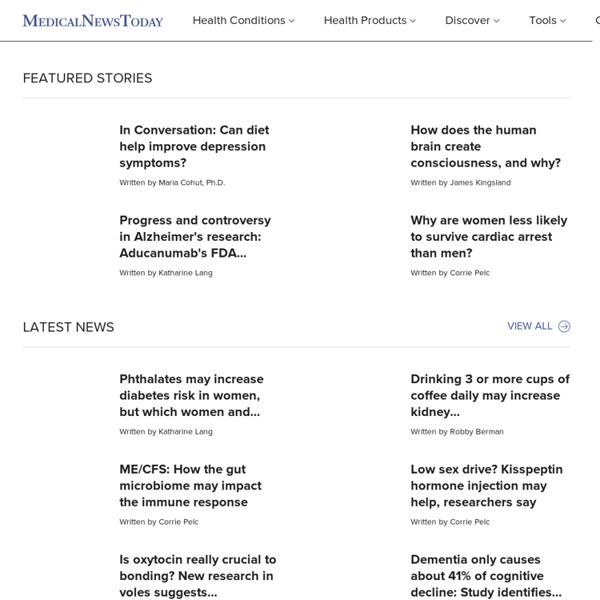



OR-Live: Online Surgical and Healthcare Video and Webcasts e-meducation.org How to Become an Early Riser It is well to be up before daybreak, for such habits contribute to health, wealth, and wisdom. – Aristotle Are morning people born or made? In my case it was definitely made. In my early 20s, I rarely went to bed before midnight, and I’d almost always sleep in late. But after a while I couldn’t ignore the high correlation between success and rising early, even in my own life. … and the next morning, I got up just before noon. Hmmm… I tried again many more times, each time not getting very far with it. It’s hard to become an early riser using the wrong strategy. The most common wrong strategy is this: You assume that if you’re going to get up earlier, you’d better go to bed earlier. It seems there are two main schools of thought about sleep patterns. The second school says you should listen to your body’s needs and go to bed when you’re tired and get up when you naturally wake up. Through trial and error, I found out for myself that both of these schools are suboptimal sleep patterns.
Scientific American: Naps Improve Memory of New Tasks If you feel the urge to lay your head down on the desk for an afternoon nap, here’s something to tell your boss: a 90 minute snooze will actually help you remember that new task you just learned. Researchers at the University of Haifa published the results of their nap study in the journal Nature Neuroscience. They tested two groups—each was asked to learn to bring their thumb and finger together in a specific sequence. One took a 90-minute nap afterwards, the other didn’t. The group that slept had learned the sequence better by nightfall. By morning the two groups had evened out, but researchers say the nappers improved more rapidly the next day. Then the scientists took another two groups. --Cynthia Graber
Study: naps > coffee, good night's sleep to combat tired You probably know how it goes. You've just had lunch and you're back at your desk. 3pm rolls around and home time is still some way off. Then the yawns start and all you can think about is curling up under your desk for a sleep. It's a fairly normal response, and the subject of an abstract at Sleep 2008, the 22nd Annual Meeting of the Associated Professional Sleep Societies. A group of scientists from Loughborough University in the UK presented their work on daytime sleepiness, and whether the best way to combat it was to get up later in the morning, caffeine, or a 20-minute afternoon nap. The study involved 20 healthy adult volunteers, who all averaged around 7.4 hours sleep a night. So, there you have it.
University > Faculty of Health Sciences > Physician Assistants P A program to train physician assistants to work alongside Ontario physicians is being launched at McMaster University . This will be Ontario’s first physician assistant program; and Canada’s first civilian program at an undergraduate level for these health care professionals who will practice medicine under physician supervision in a wide range of health care settings. Physician assistants (PA) have been part of the U.S. health care system since the 1960s. In Canada, PAs work in the Canadian Armed Forces and in Manitoba, where they are designated clinical assistants. "McMaster is pleased to lead the development of new types of health care professionals who will improve access to quality health care for the residents of Ontario," said Dr. The first 20 students will begin the full two-year program in September. "Our mission is to educate energetic, innovative, committed and caring people to become role models in this new profession," said Dr. Audio: CBC Radio One: Interview with Dr.